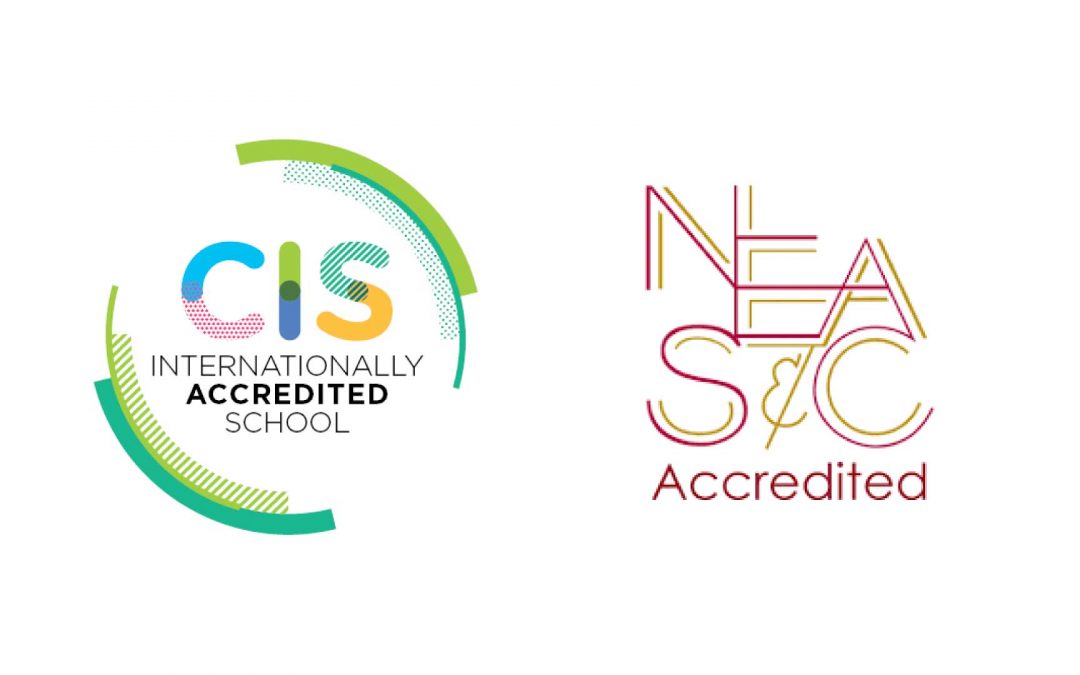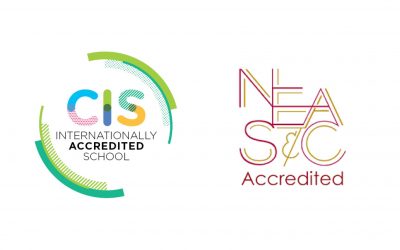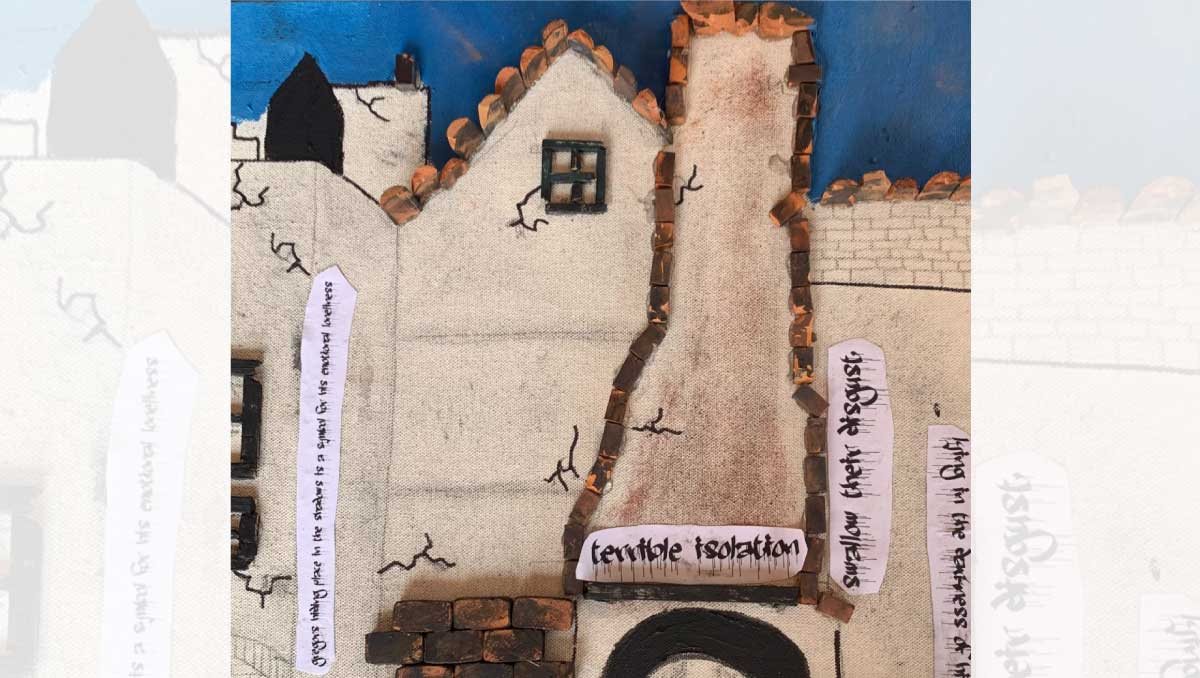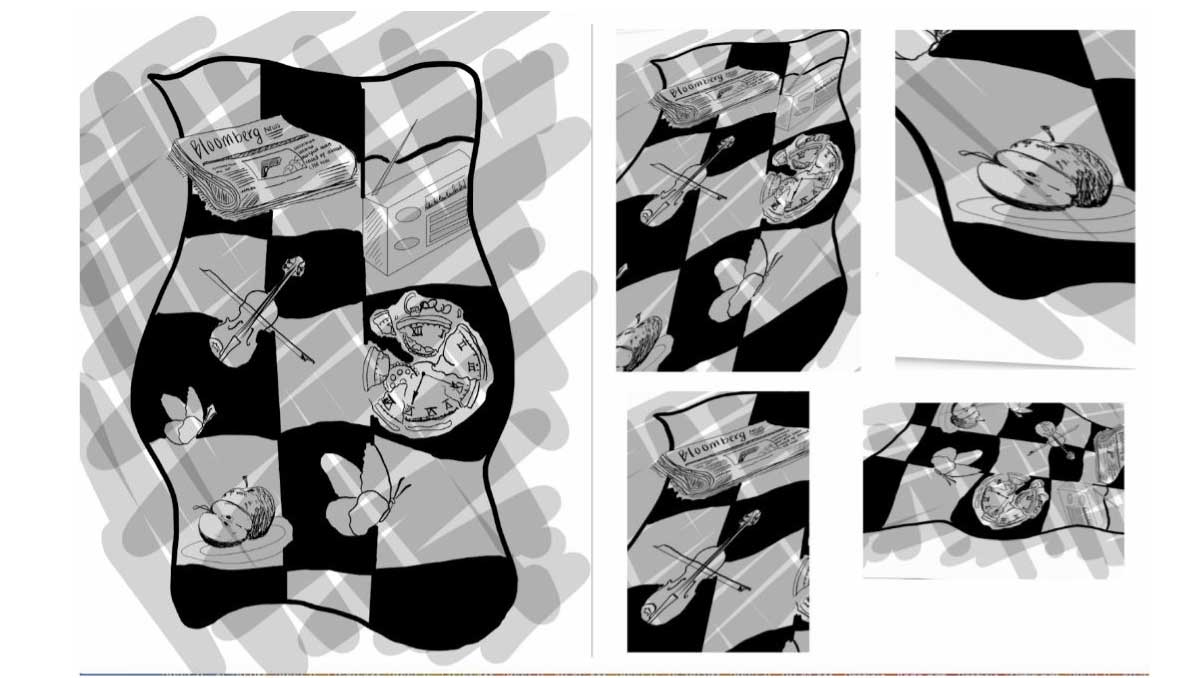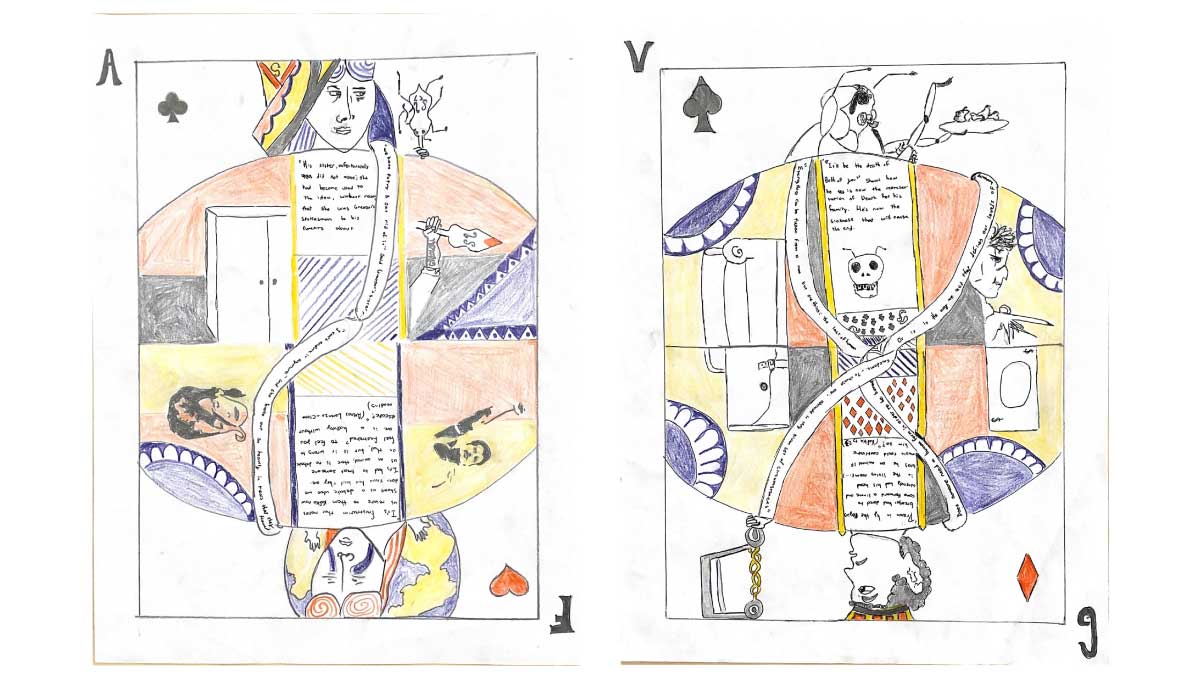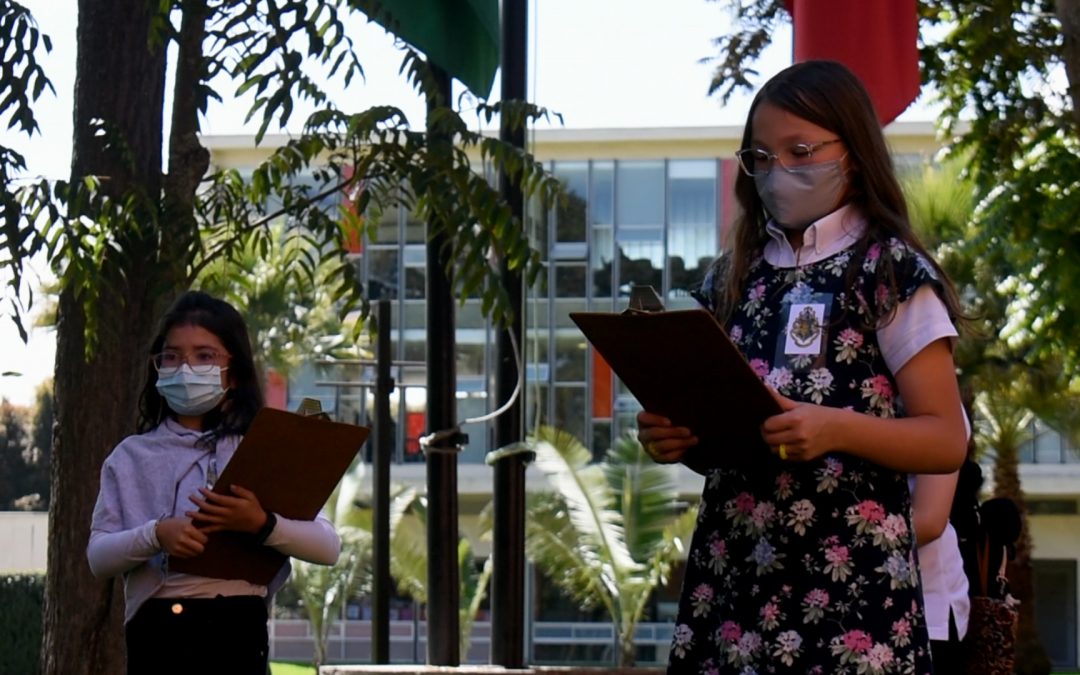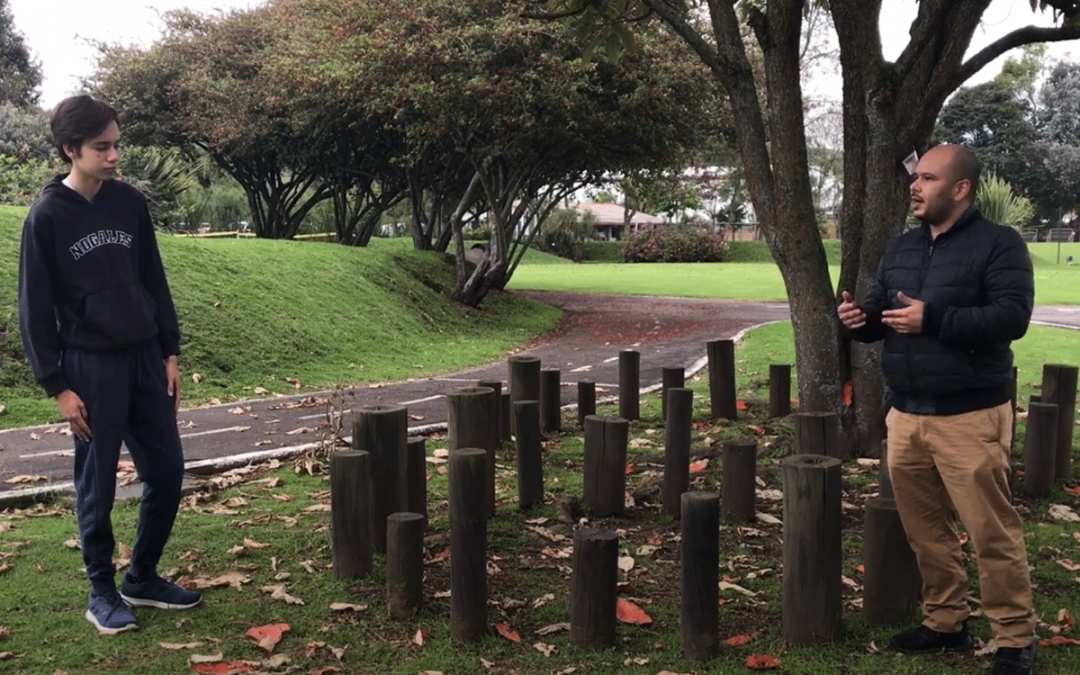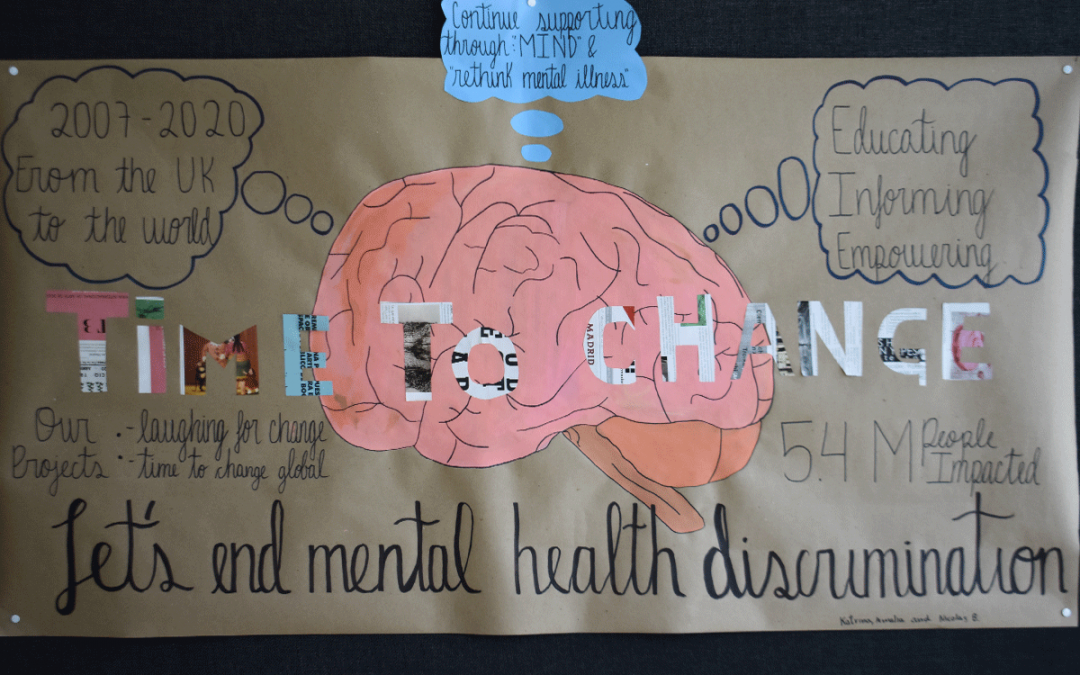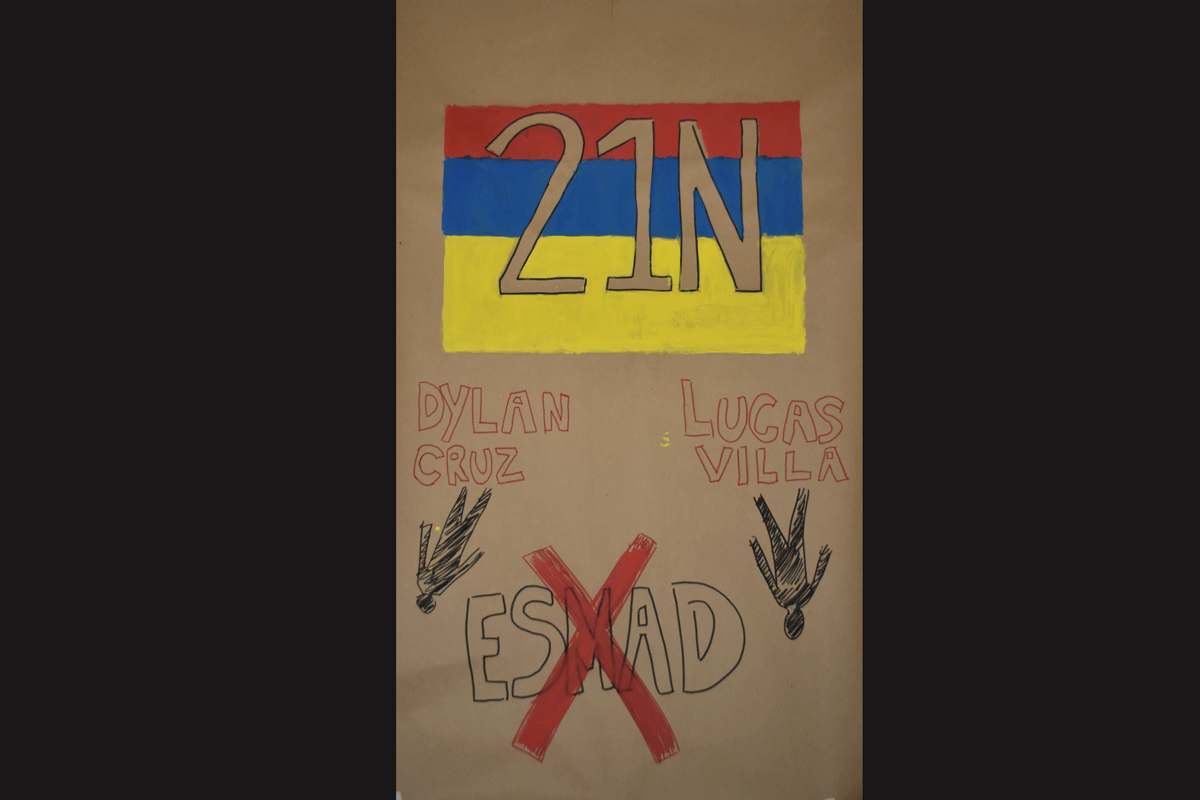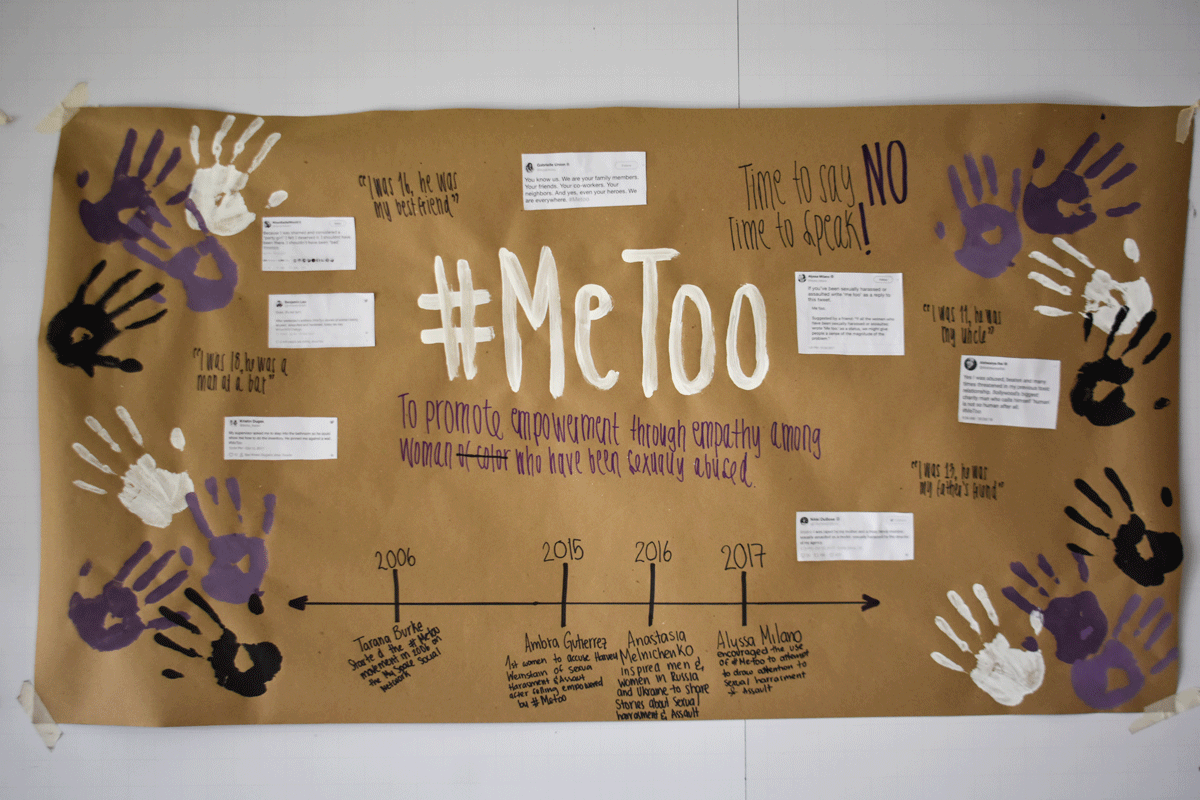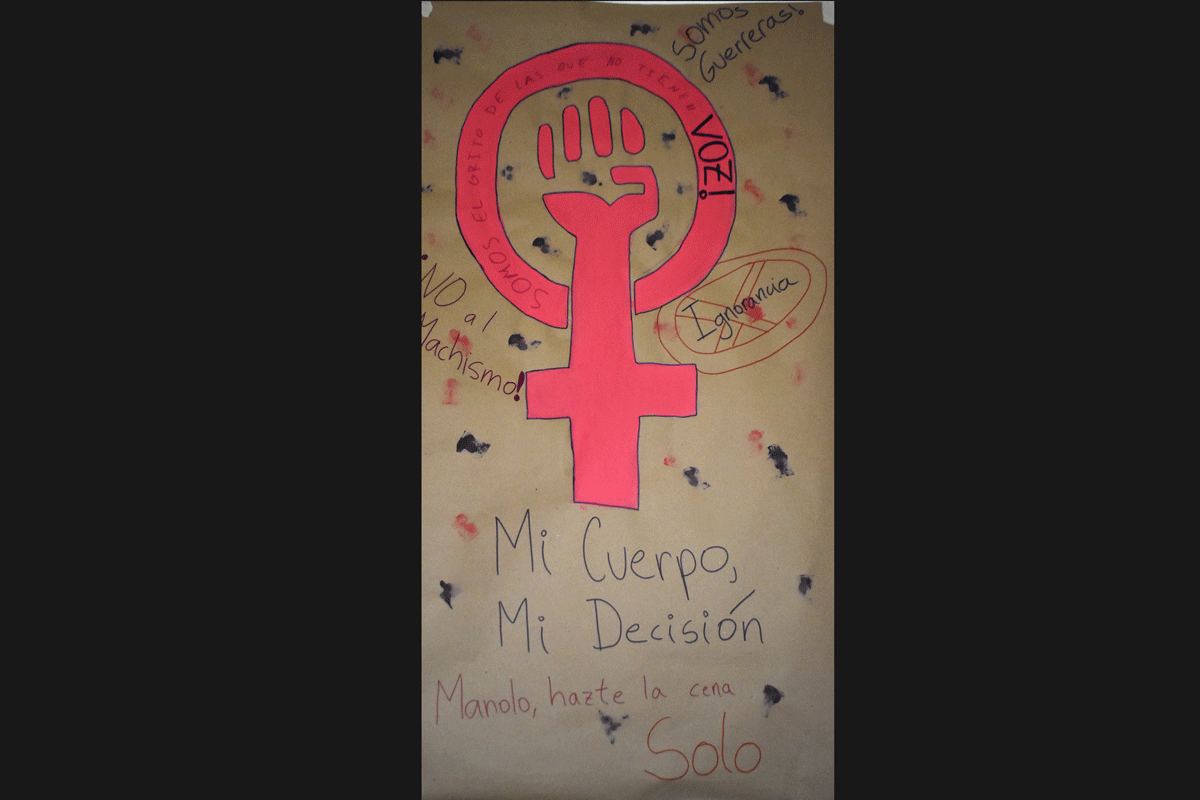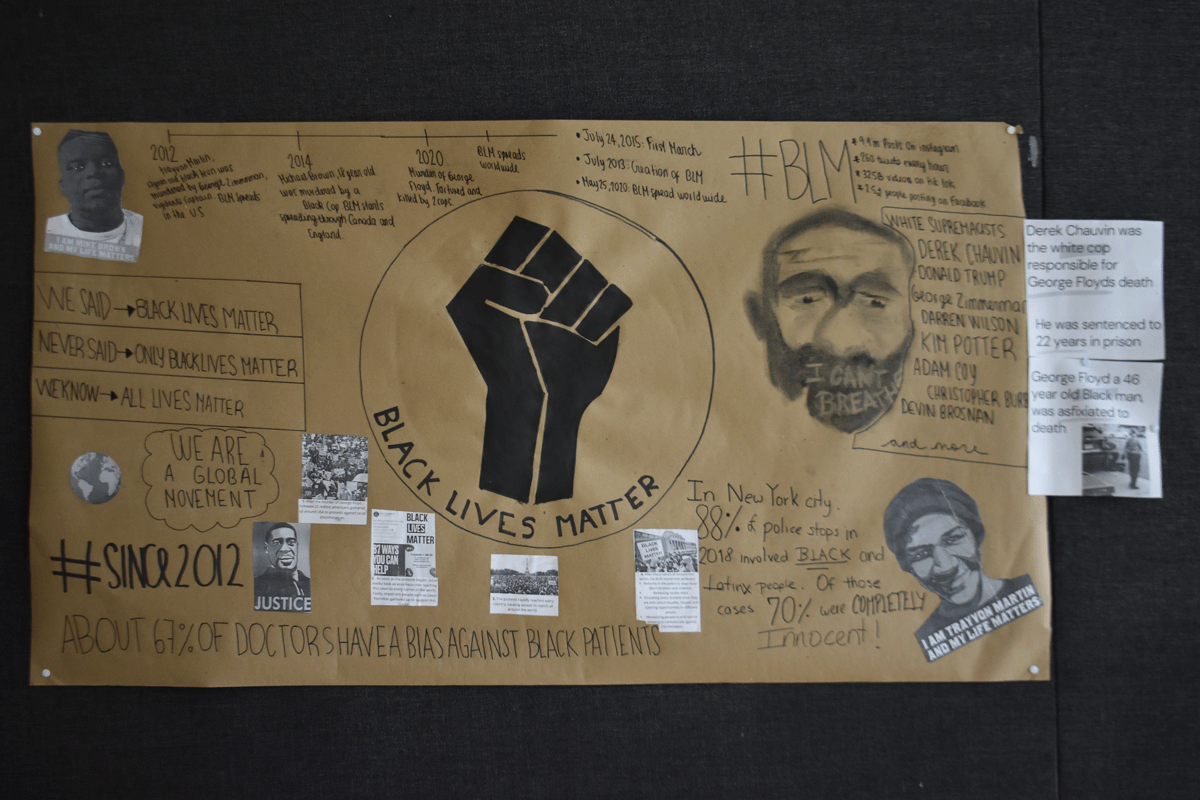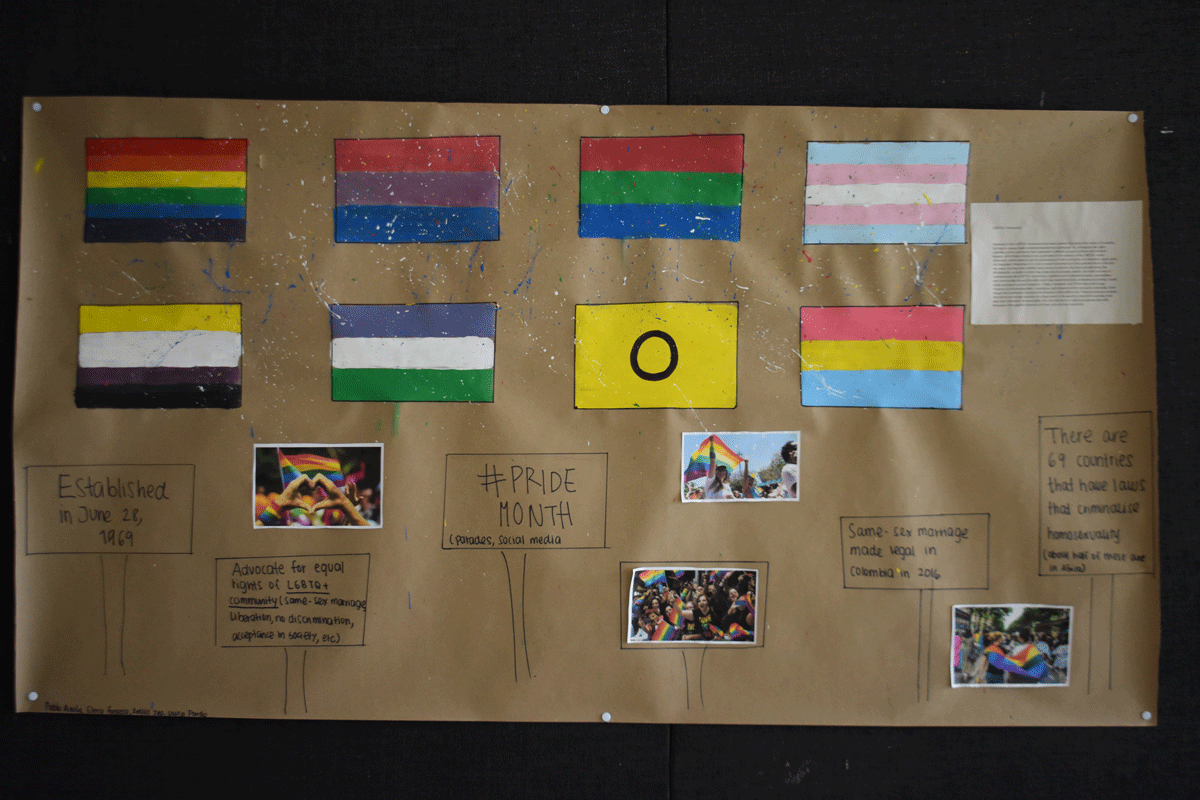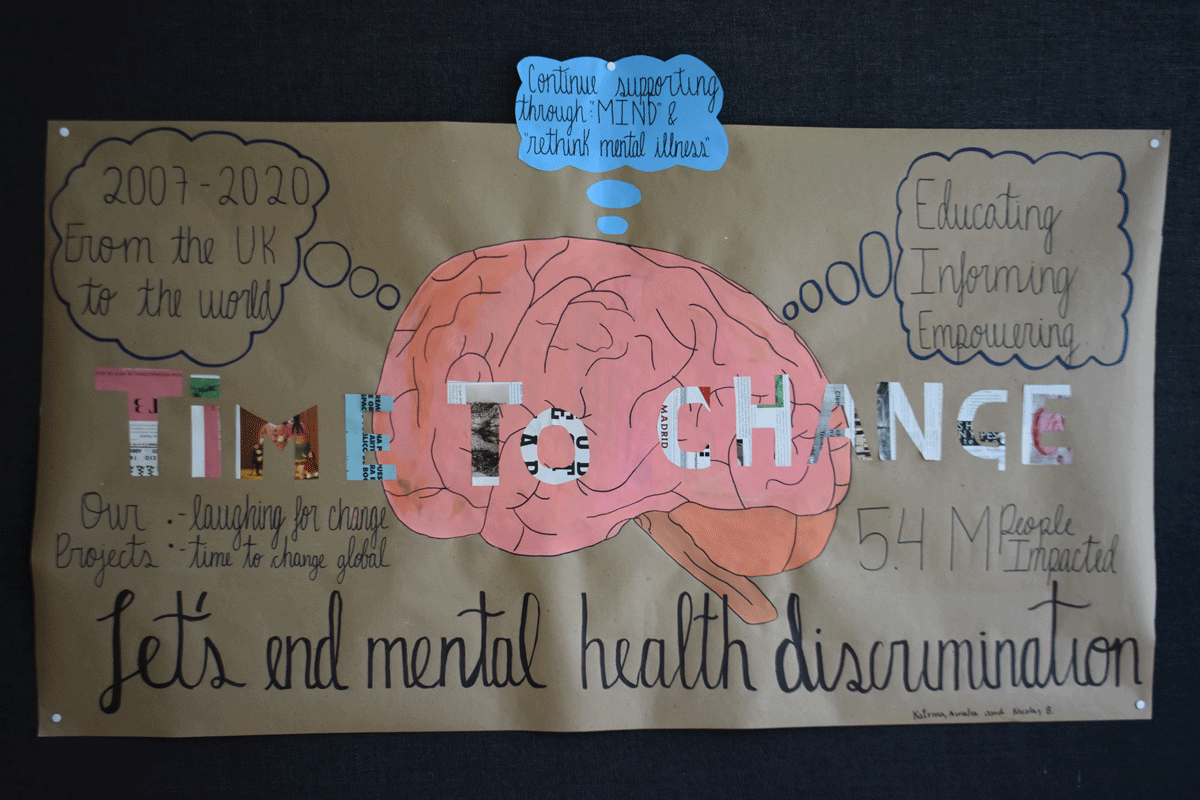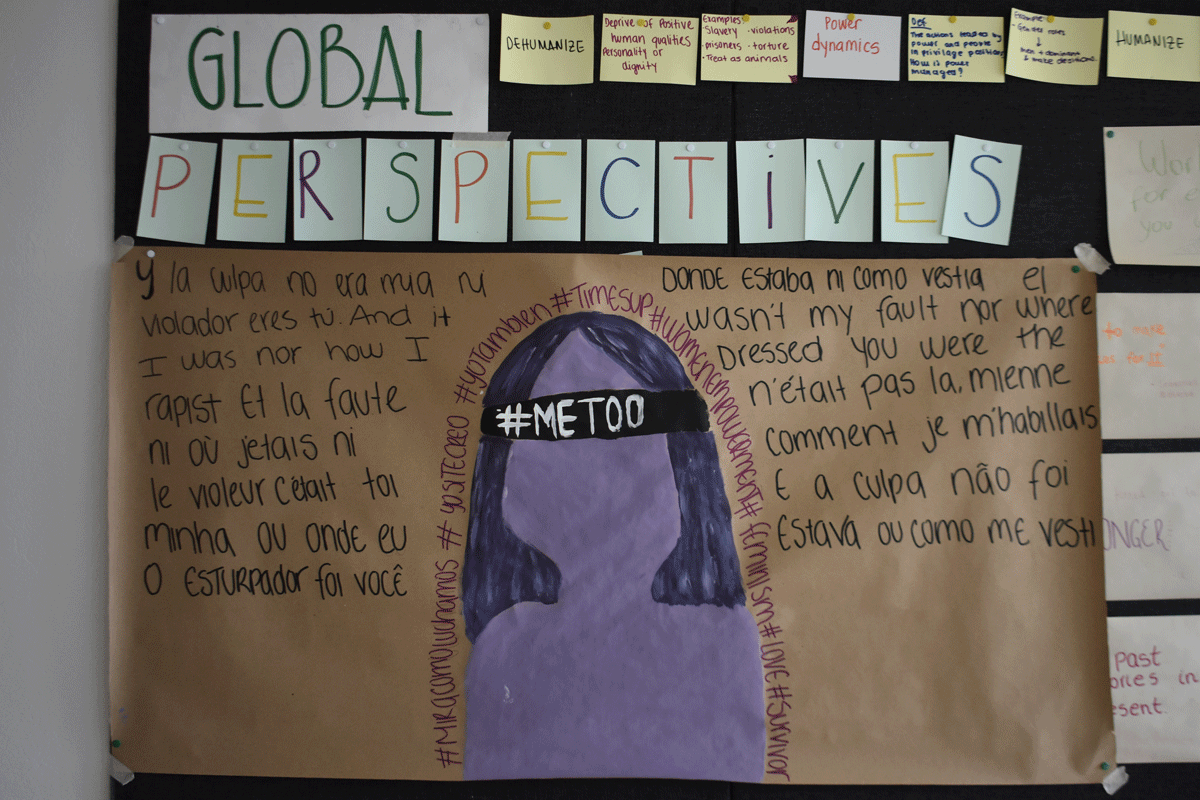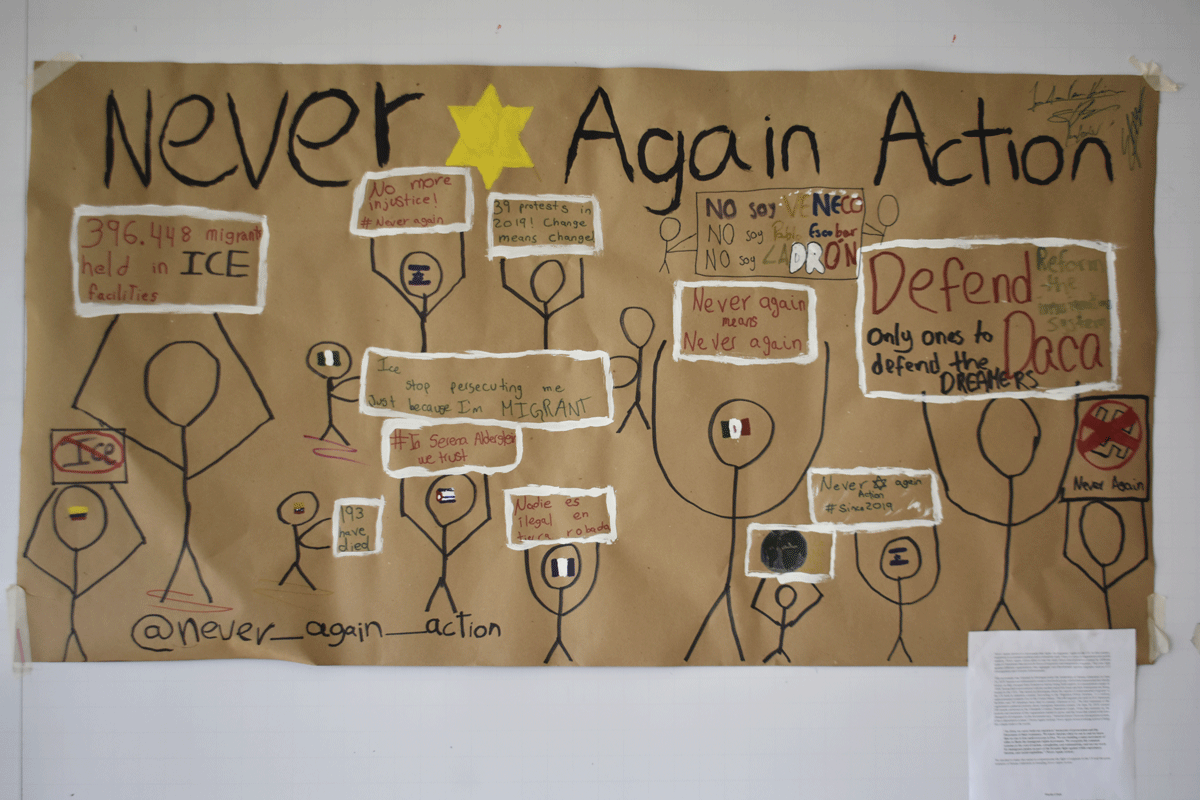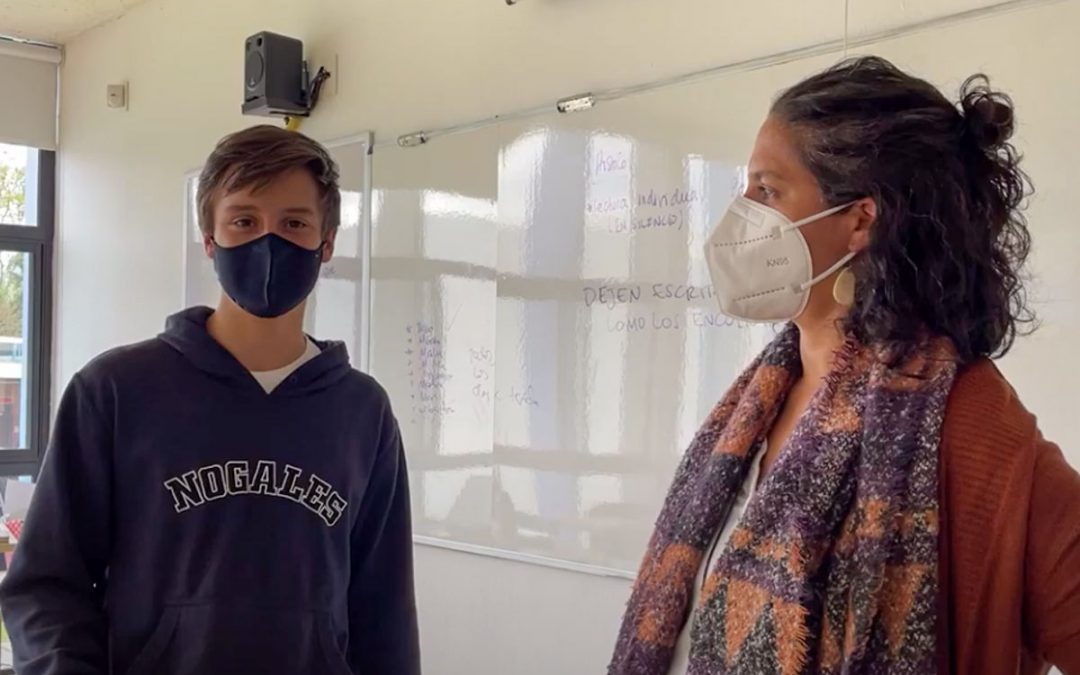We received the double international reaccreditation for the second time
Colegio Los Nogales celebrates a double achievement that reflects its commitment to educational quality. For the second time, it has received the re-accreditation by the NEASC (New England Association of Schools and Colleges) and the CIS (Council of International Schools), two prestigious international associations that endorse the academic excellence of the school. This recognition is a testament to the ongoing effort and dedication of every member of the educational community, from students to teachers and employees.
In addition to this international achievement, Los Nogales continues to rank among the top 10 schools in the country, according to the Col-Sapiens 2024 ranking of the consulting firm Sapiens Research. Each year, this firm evaluates educational institutions in Colombia using criteria that include educational quality, academic results and international accreditations. This outstanding position in the national ranking is a clear indicator of Los Nogales commitment to excellence.
As part of its commitment to quality, the CLN will continue to strengthen its educational proposal, driving innovation and promoting values that promote the integral growth of students. The report provided by NEASC and CIS, as well as the recognition in the Col-Sapiens ranking, will serve as an invaluable guide to identify areas of improvement and opportunities for growth, in line with the newly presented Strategic Plan 2024-2029.
The CLN community is proud of these important achievements and reaffirms its commitment to continue providing a quality education that prepares students to face the challenges of today’s world and the future.
Últimas noticias
We received the double international re-accreditation for the second time
Colegio Los Nogales celebrates a double achievement that reflects its commitment to educational quality. For the second time, it has received the re-accreditation by the NEASC and the CIS.

